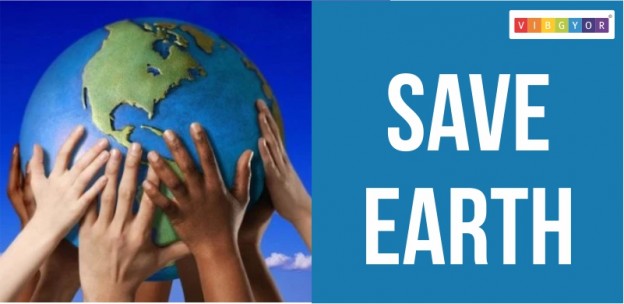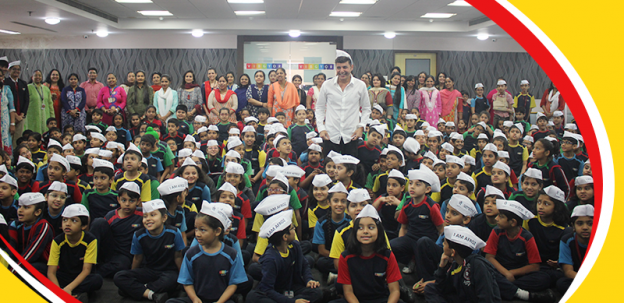![]()
Over the years, we have been so selfish – destroying the planet and not thinking about the future generation. From wasting water to using harmful fuels, we have done it all, but the use of plastic might be the most heinous crime yet. Fortunately, the Government has contrived a movement for the betterment of the planet. The “Ban the Bag” movement has compelled all Mumbaikars to discard all plastics and refrain from using them. However, not everybody can see the good in this movement, can you?
It is scientifically proven that by 2050 there will be more plastic in the oceans than there will be fish. This will not only cause food shortages, whilst the population is ever rising, but it will also increase the strain on our farmers. Carelessly discarded plastic bags not only strangle and suffocate aquatic plants and animals, but they also cause visual pollution which reduces tourism that affects the country’s economy.
On the other hand, the alternative to plastic bags – paper bags and reusable bags are much more expensive; thus, businesses and consumers (especially those who are on a tight budget) are suffering. Moreover, an industry official predicts that nearly 3,00,000 people are set to become unemployed due to this movement .
Many question, “How is the government going to dispose off these non degradable plastics?” The answer is that the government plans on converting plastic into fuels. Nevertheless this may only cause further damage. The fuel produced by plastics is sure to produce more carbon emissions than normal fossil fuels, contributing further to global warming and climate change.
We all agree that plastic bags fill up landfills because they take 1000 or more years to decompose completely. Unfortunately, few of us know that paper bags take up 9 times more space than plastic bags and decompose at about the same rate.
Moreover, plastic bags release chemicals into the ground and water ways that indirectly enter the food chain. When we ingest the fish, these harmful chemicals enter our bodies and have adverse effects like disrupting our hormonal functions. Believe it or not, reusable bags have the same effects on us. Scientists believe that reusing cloth bag, especially during warmer months, increase bacteria that would spread to your groceries and cause food poisoning.
I personally believe that banning plastics is not the best solution because it is causing more problems than solving them. We should use more sustainable and effective methods such as educating the future generations about small actions like – reusing plastics, saving water which can go a long way and save the planet. So let us take the initiative of making the world a better place.
Alethea Alphanso
Student of AS Level,
VIBGYOR Goregaon, Mumbai

